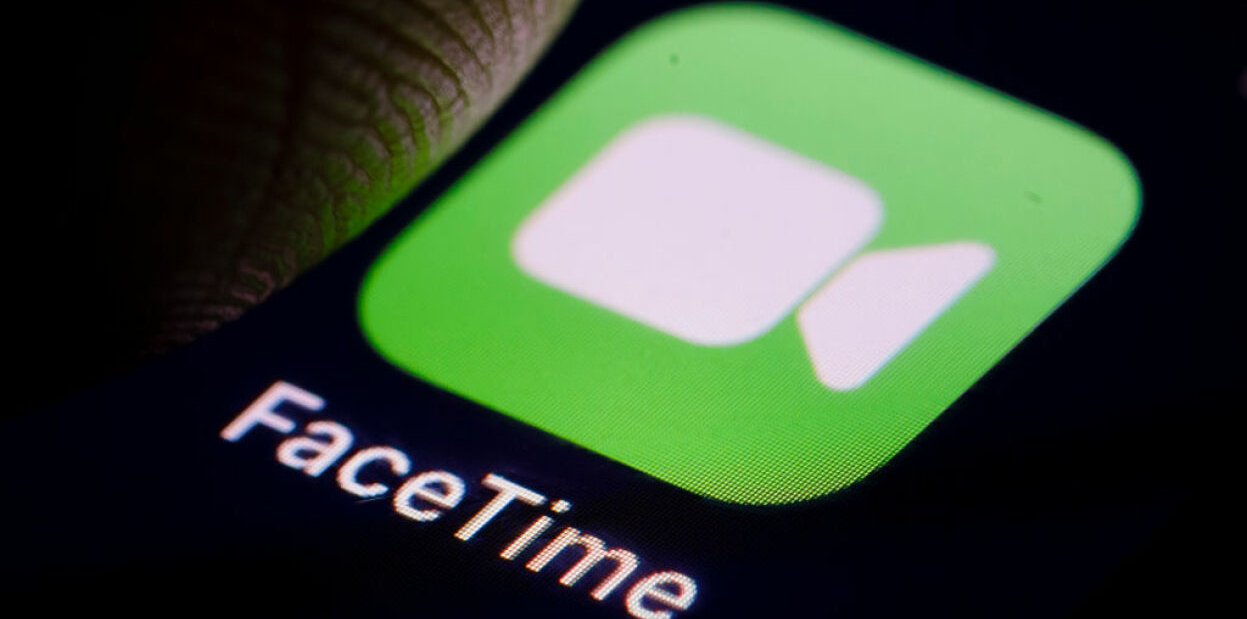Kerby Anderson
The federal government wants more of your privacy. That’s the only way to explain the recent announcement from the IRS that required that you provide a photo of your government identification as well as a video for facial recognition. Fortunately, the backlash to the announcement led to the IRS removing the requirement.
When I first heard about this last month, I had doubts as to whether or not it was worth a commentary, since the IRS assured us that it would only be required if you wanted to access your information on the IRS website. You could still file your taxes and pay your taxes without a selfie. But you wouldn’t be able to see a tax receipt or check payment or even view your stimulus check status without forking over a significant amount of personal information.
Back in November, the tax agency announced an $86 million partnership with ID.me, which is a private contractor. The month earlier the White House Office of Science and Technology Policy began soliciting comments on biometrics. But it appears the IRS decided to just jump past the comments right to the selfies.
This is one issue that had bipartisan opposition. Conservatives and libertarians as well as many Democrats in Congress were against the plan. The concerns ranged from privacy issues to academic studies that suggest that facial-recognition software doesn’t identify black and Asian faces very well.
There was also the concern of hacking. You may remember eight months ago when I talked about the biggest privacy breach in history that exposed the tax records of wealthy Americans. ID.me insisted that it meets tough standards. So did every other company.
The IRS pulled the requirement, but it is easy to see that the federal government wants more of your privacy and will likely try something else in the future. 
 Listen Online
Listen Online Watch Online
Watch Online Find a Station in Your Area
Find a Station in Your Area










 Listen Now
Listen Now Watch Online
Watch Online
